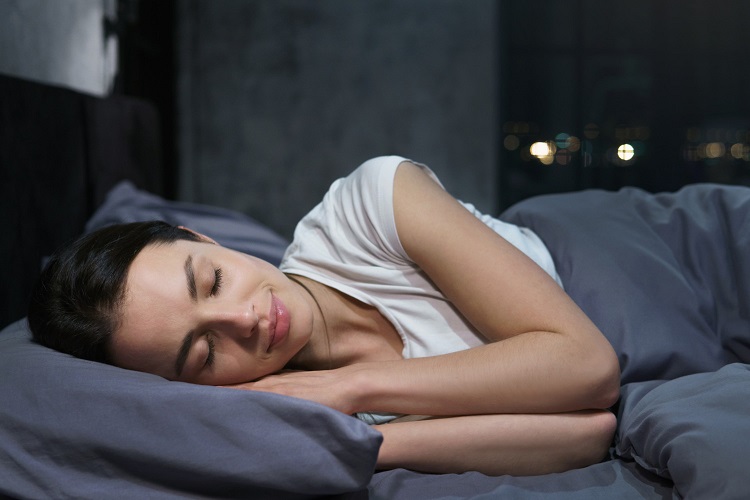Everybody has nights when it’s difficult to get to sleep or we wake up in the middle of the night. The coronavirus (COVID-19) epidemic may have impacted our sleep as well. It is important to obtain enough good-quality sleep since it has a significant impact on how we feel, both emotionally and physically. Watch our video with Colin Espie, professor of sleep medicine at the University of Oxford, on basic sleep suggestions.

The information provided here is a wonderful starting point for thinking about your sleep and what could be preventing you from sleeping effectively. We also offer some easy things you may do to make a difference. Before continue you can check this bemer bérlés as well.
Establish a daily regimen
All of the changes we’ve gone through may have made it more difficult to stick to a schedule but maintaining a regular sleeping pattern is critical for excellent sleep. It will be really beneficial if you can wake up, wind down, and go to bed at around the same time each day. If possible, avoid napping as well.
Remember that your sleep habit begins before you even go into bed, so schedule time every evening to unwind – and try to turn off your technology. Reading, gentle stretches, or meditation are all effective ways to relax, and keeping your gadget chargers out of the bedroom may help you avoid mindless scrolling.
Manage your concerns
Many of us have experienced increased worry or concern as a result of COVID-19, and these sentiments may impair how easy you fall asleep and how well you sleep.
There are things you can do throughout the day to assist manage your fears, such as talking to someone you trust and turning off the news. Set aside time before night to prepare a to-do list for the following day if you often lay awake worried – this may be an excellent approach to put your mind at ease. Techniques such as reframing problematic beliefs may also be beneficial.
Get your body ready for sleep
Our physical health and how we care for our bodies may have a significant impact on our sleep. It’s easy to get into bad habits of behavior that disrupt your sleep, particularly at times like these. Caffeine, alcohol, nicotine, or a large meal too soon to night might keep you from going asleep and from sleeping deeply.
Try to avoid them before going to bed and see if your sleep improves. Regular exercise is also beneficial to sleep. Just remember to avoid anything too strenuous soon before night if it interferes with your sleep, and observe the social distance principles while exercising.
Make your surroundings relaxing
When it comes to falling and staying asleep, little changes may make a significant difference. It’s easier to sleep when it’s chilly, dark, and quiet – but the ideal sleep environment is individualized, so experiment and find what works for you.
Wearing earplugs, turning your phone to mute and facing down (or leaving the room altogether), keeping clocks out of sight, and making sure the space is adequately ventilated may all help. Some individuals find it beneficial to listen to ambient noises such as rain, soft music, or white noise.
Face your sleeplessness
If you can’t sleep and are laying awake, don’t attempt to force it. If you’re exhausted and appreciate the sensation of reclining, sleep may take over spontaneously.
If not, get out of bed and do something pleasant for a while, such as reading a book or listening to soft music, and then return to bed when you’re tired.
Read More Posts Here:
Causes and Effects of Sleep Deprivation
Which is Better: Sleep Quality or Sleep Duration
